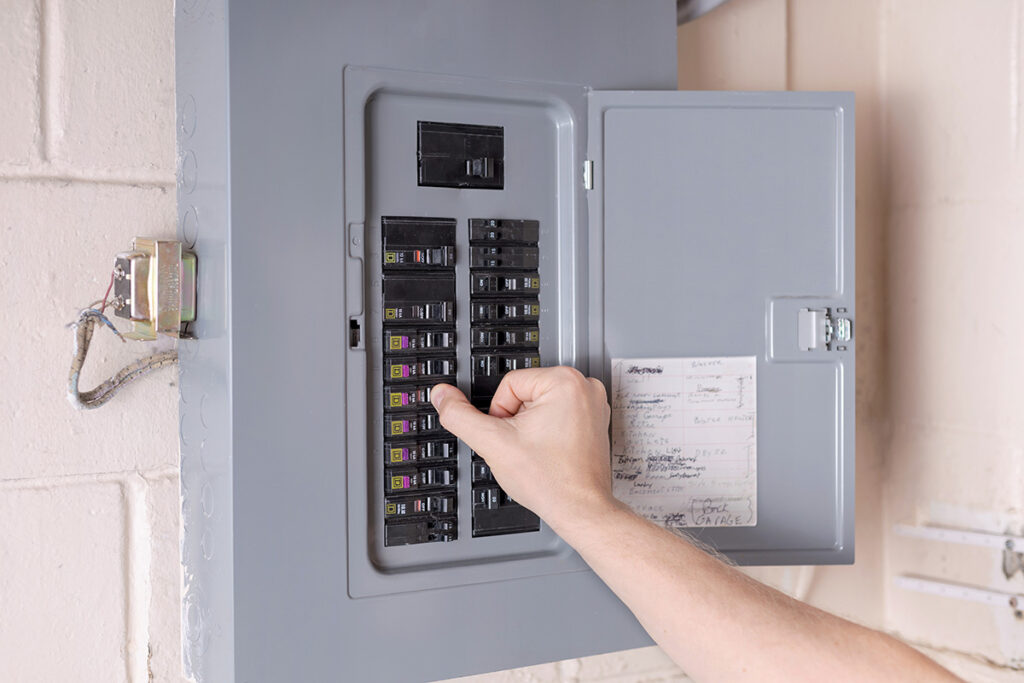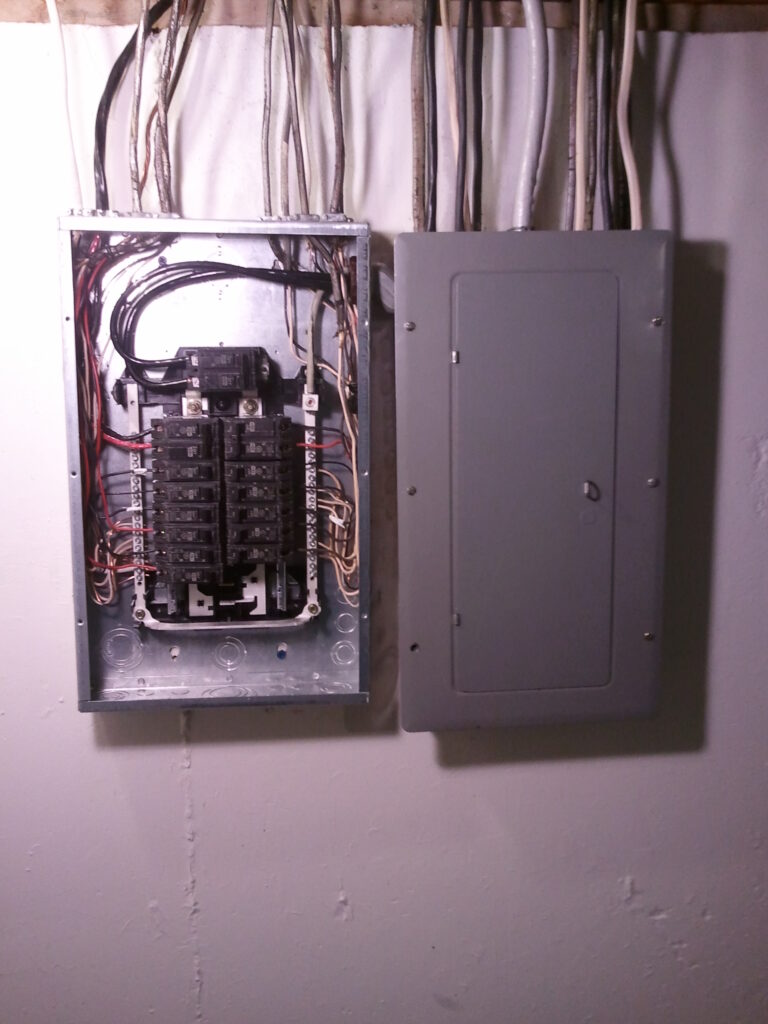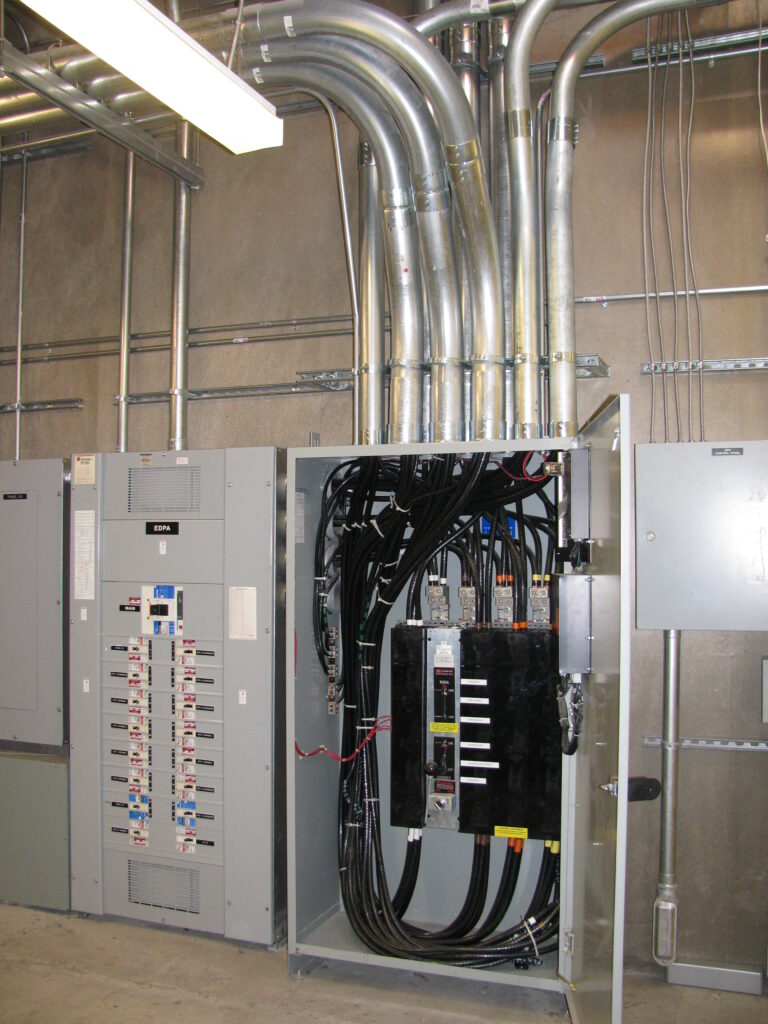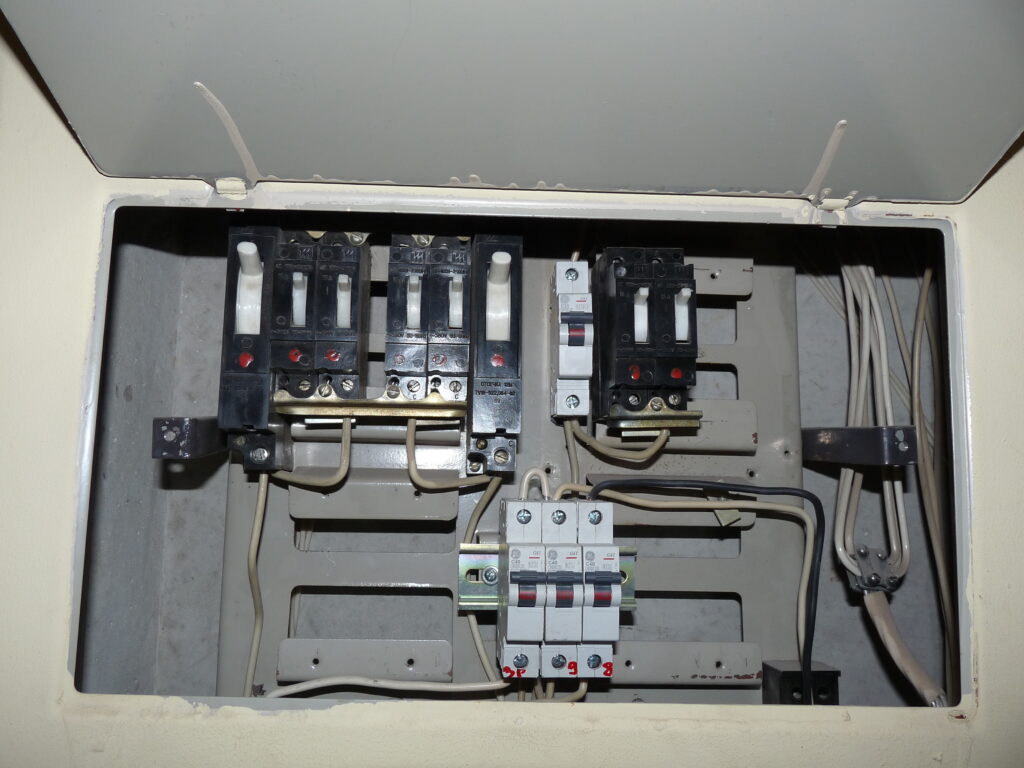Every building’s electrical system relies on an electrical panel to manage and distribute power safely and efficiently. Understanding the different types of electrical panels is crucial for choosing the right one for your home or business, whether you’re upgrading an outdated system or planning a new installation. This guide explores the most common types of electrical panels, their functions, and when you might need them.
What Is an Electrical Panel?
An electrical panel, also known as a breaker box or fuse box (in older systems), is the control center for a building’s electrical circuits. It connects to your property’s electrical meter and distributes power to individual circuits, each protected by a breaker or fuse. The panel allows for centralized control of electricity, making it possible to shut off power to specific areas or the entire building if necessary.
Modern electrical panels are essential for ensuring safety and meeting the power demands of today’s appliances and systems.
Types of Electrical Panels
1. Main Breaker Panels

Main breaker panels are the standard electrical panels found in most homes and businesses. They include a built-in main breaker that allows you to shut off power to the entire building. These panels also house individual circuit breakers that control smaller circuits, such as lighting, outlets, and appliances.
- Best For: Homes, offices, and commercial spaces with standard power needs.
- Features: Includes a main breaker for total power shutoff and individual breakers for circuit management.
2. Subpanels

Subpanels are auxiliary panels connected to the main breaker panel. They are used when additional circuits are needed, especially in areas far from the main panel, such as garages, workshops, or additions.
- Best For: Expanding power capacity when the main panel runs out of space.
- Features: Offers localized control for specific areas without increasing overall power supply.
3. Transfer Switches

Transfer switches are specialized subpanels designed for use with backup generators. They enable a seamless transition between grid power and generator power during outages, ensuring essential systems remain operational.
- Best For: Homes or businesses in areas prone to power outages.
- Features: Can be manually or automatically operated, depending on the setup.
4. Fuse Boxes (Outdated)

Fuse boxes are an older type of electrical panel that uses fuses instead of breakers. While they can still be found in older homes, they are not suitable for modern electrical demands and often need to be replaced.
- Best For: Legacy systems that haven’t yet been upgraded.
- Features: Limited capacity and no ability to reset like breakers.
When to Replace or Upgrade Your Electrical Panel
Electrical panels typically last 20-30 years. If your panel is outdated, frequently trips breakers, or can’t support your power needs, it may be time for an upgrade. Signs you may need a new panel include:
- Flickering lights or frequent power outages.
- Overheating panel or burning smells near the box.
- Insufficient space for new circuits.
- Use of outdated fuse boxes or unreliable brands like Zinsco or Federal Pacific Electric (FPE).
Upgrading to a modern panel not only improves safety but also ensures your electrical system can handle today’s appliances, electronics, and HVAC systems.
Need Help Choosing or Installing an Electrical Panel?
Selecting the right electrical panel depends on your current power requirements and future needs. Prairie Electric’s team of experienced electricians can guide you through the process, whether you’re upgrading your existing panel or planning a new installation. We’ll assess your setup, recommend the best panel type, and ensure a safe, professional installation.
If you’re ready to upgrade or need assistance determining the best panel for your home or business, Prairie Electric is here to help. Our expertise in residential and commercial electrical systems ensures your property is powered safely and efficiently. Reach out today for a consultation!


